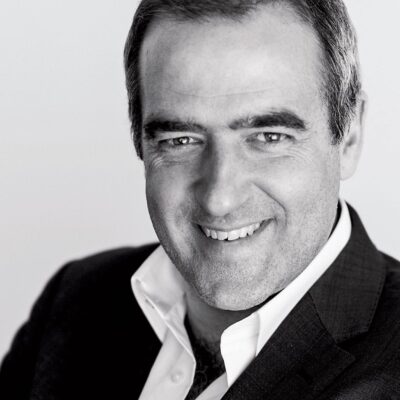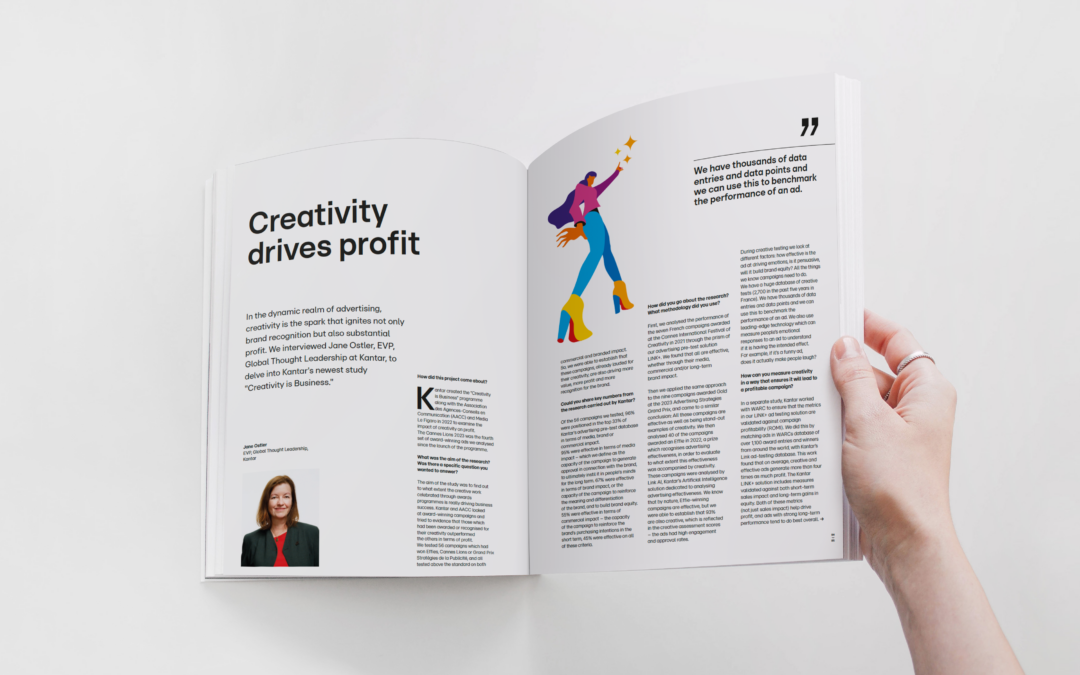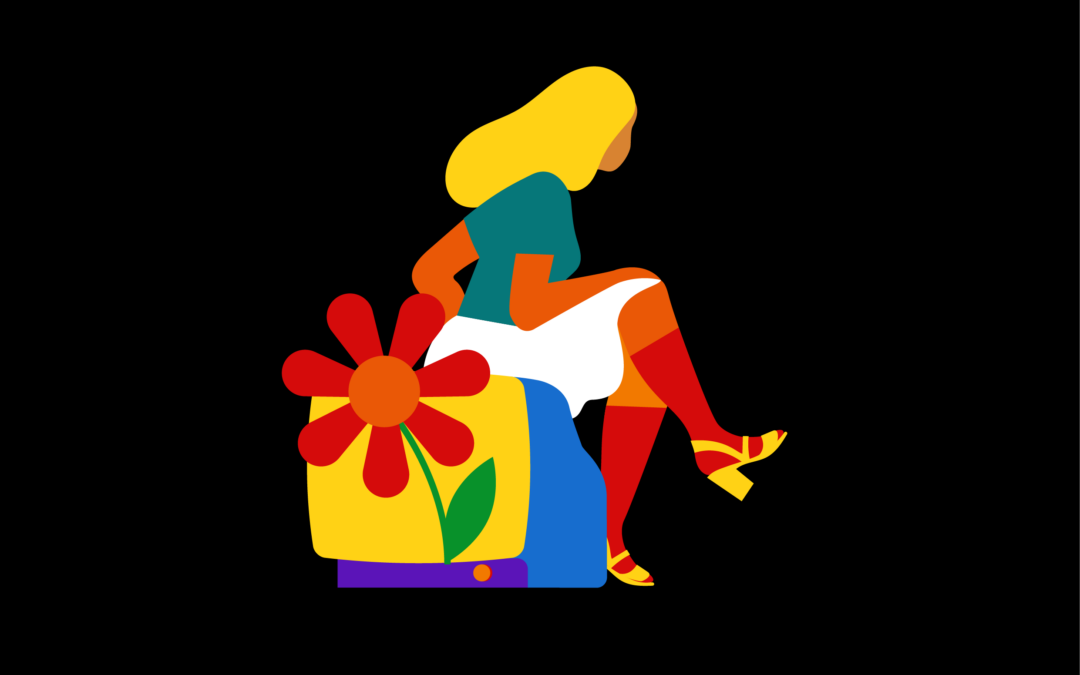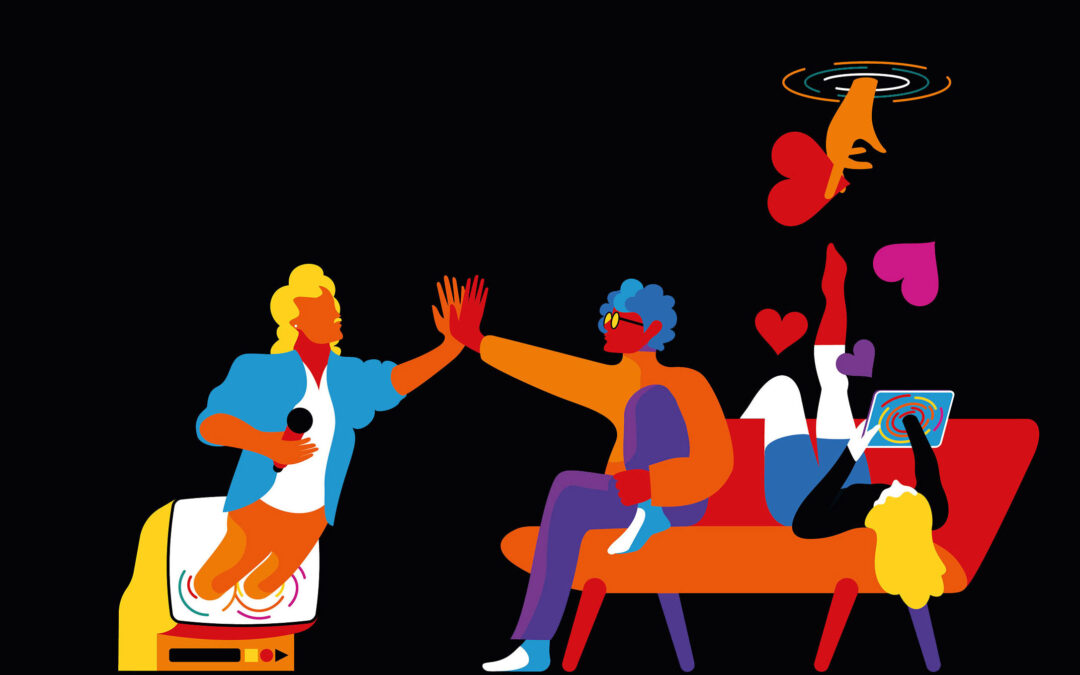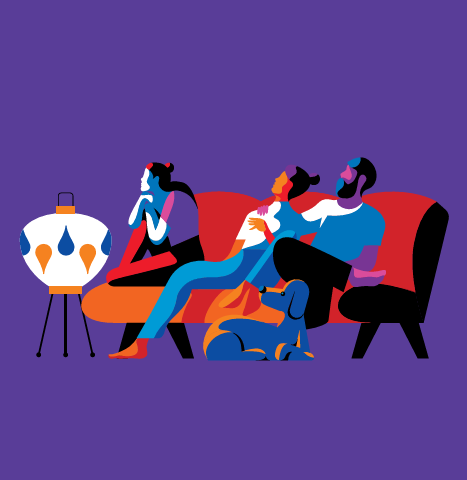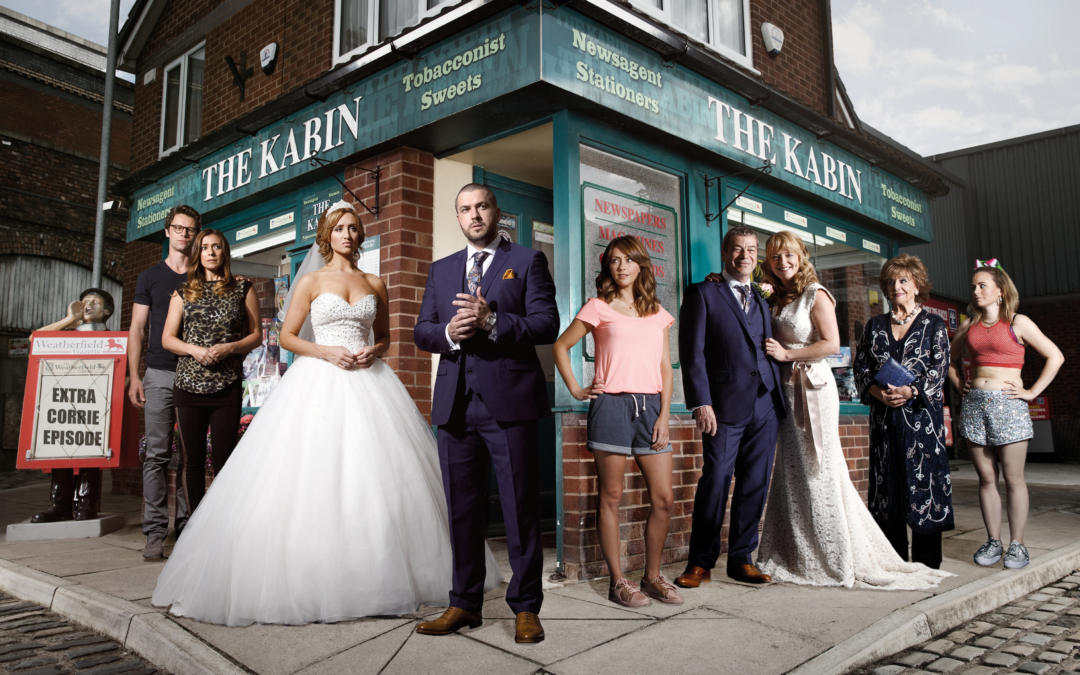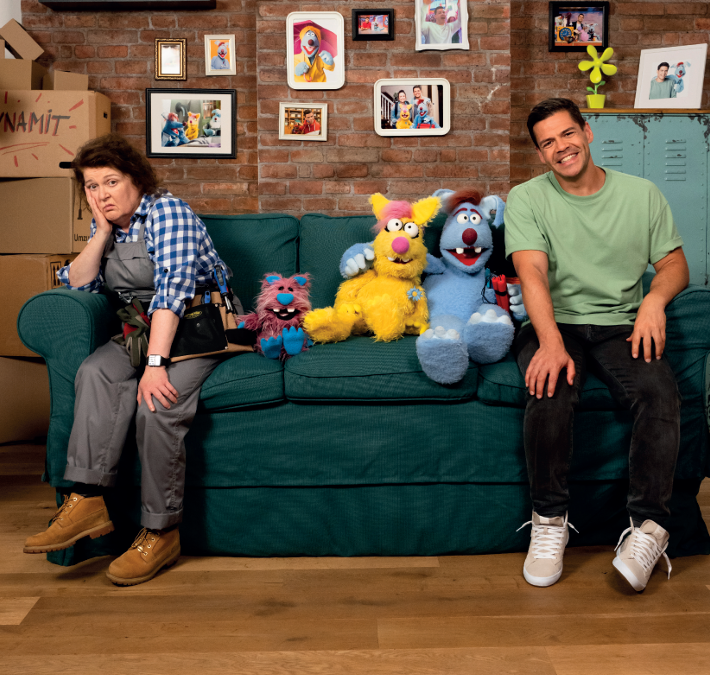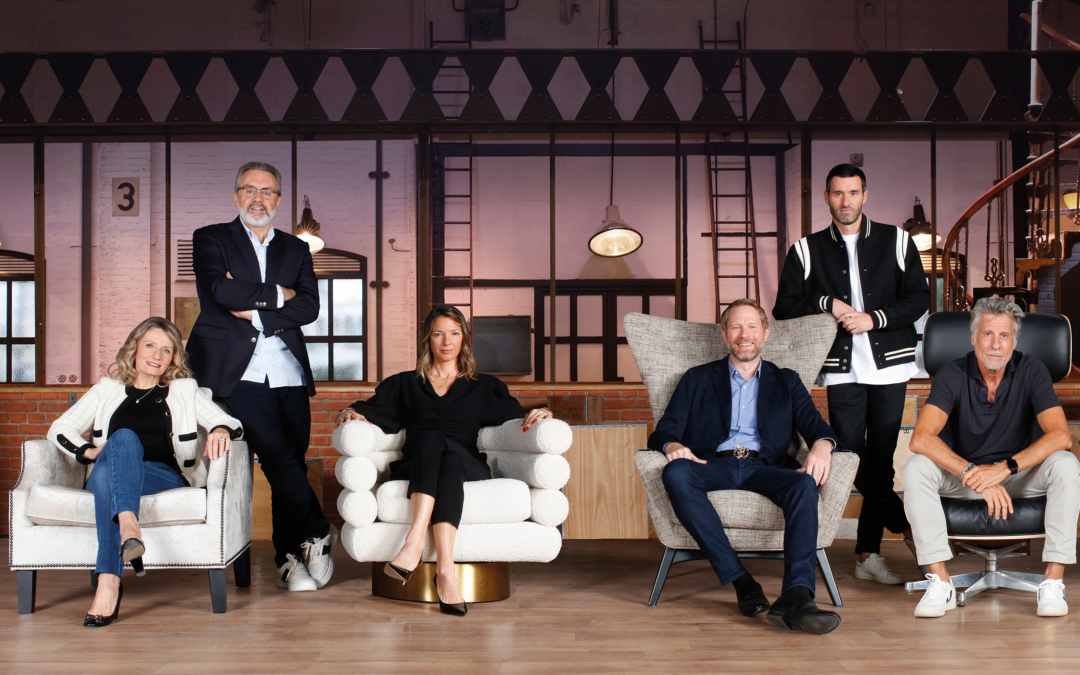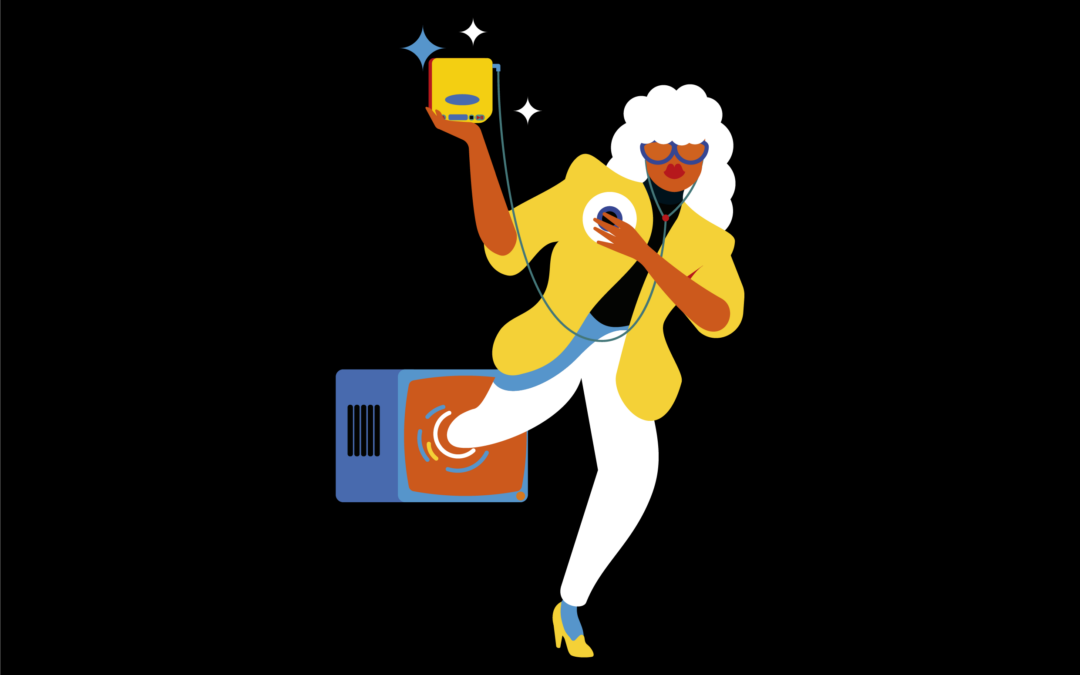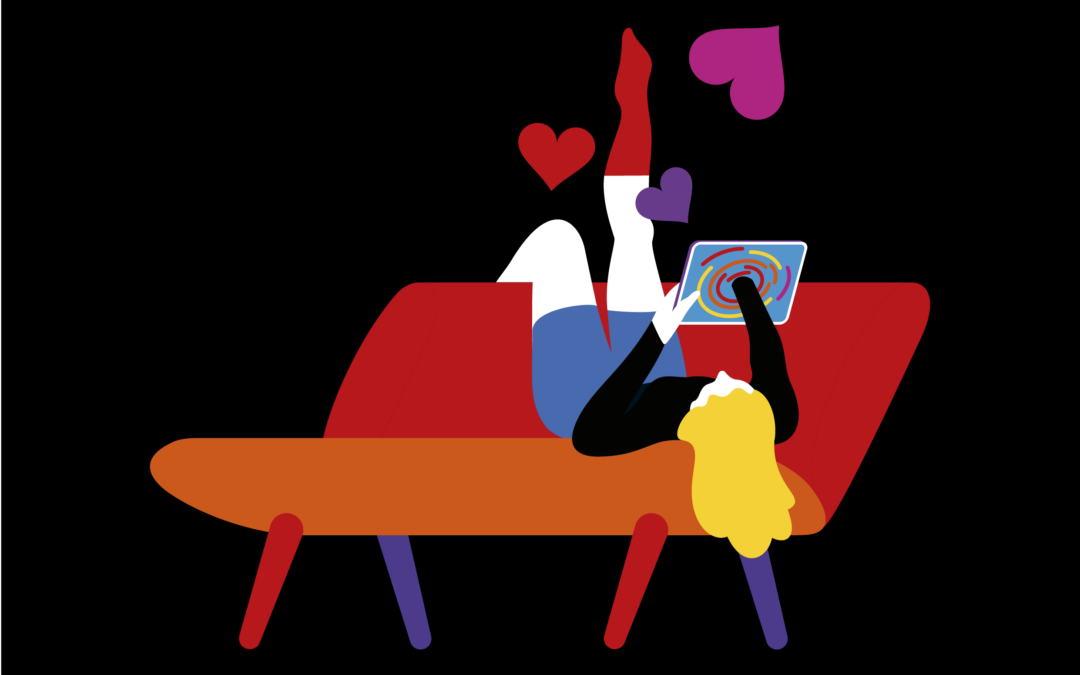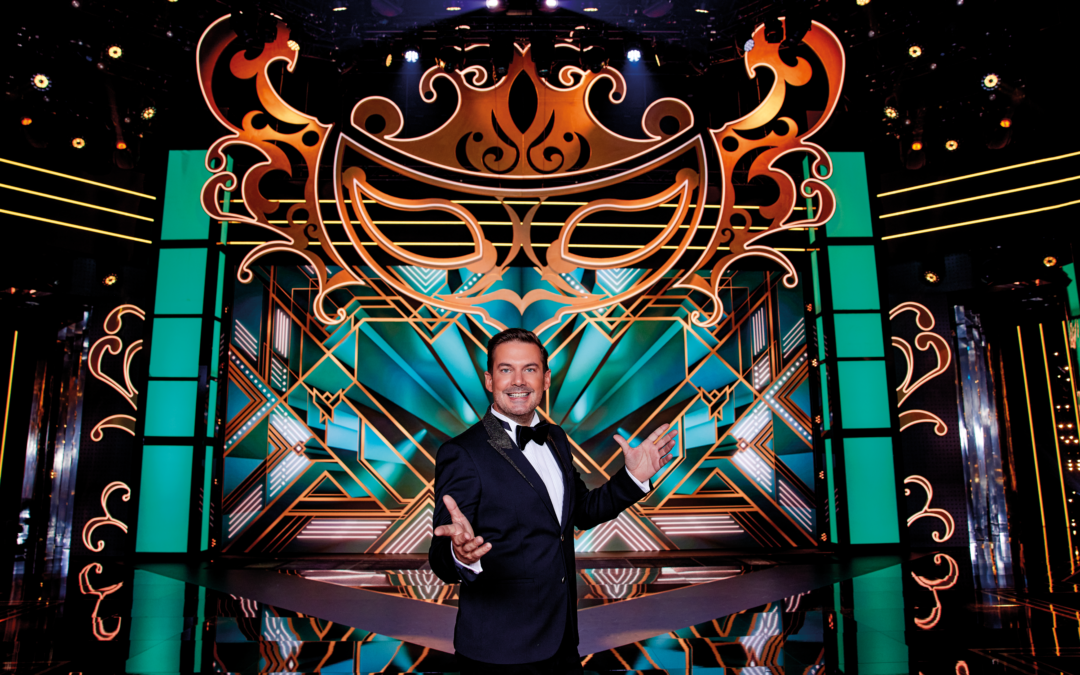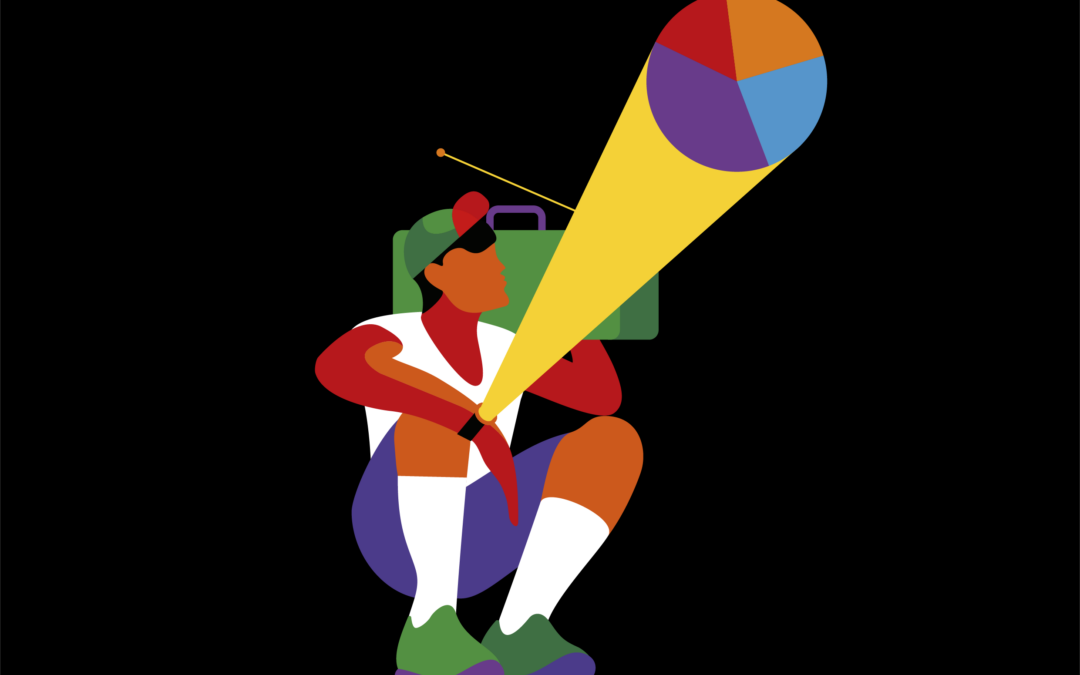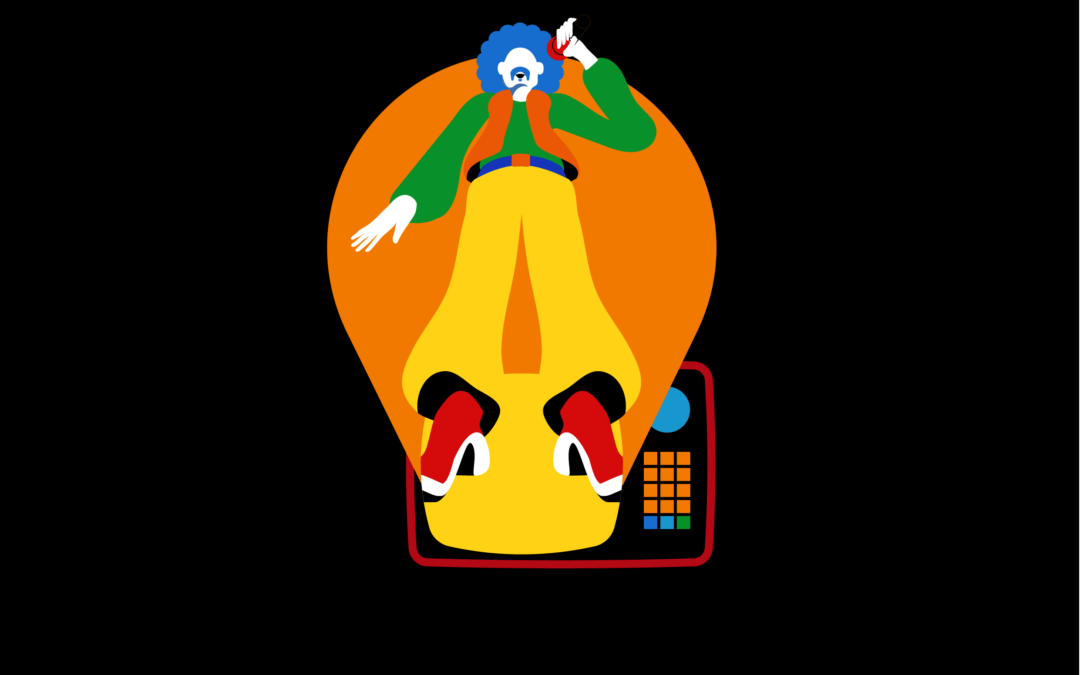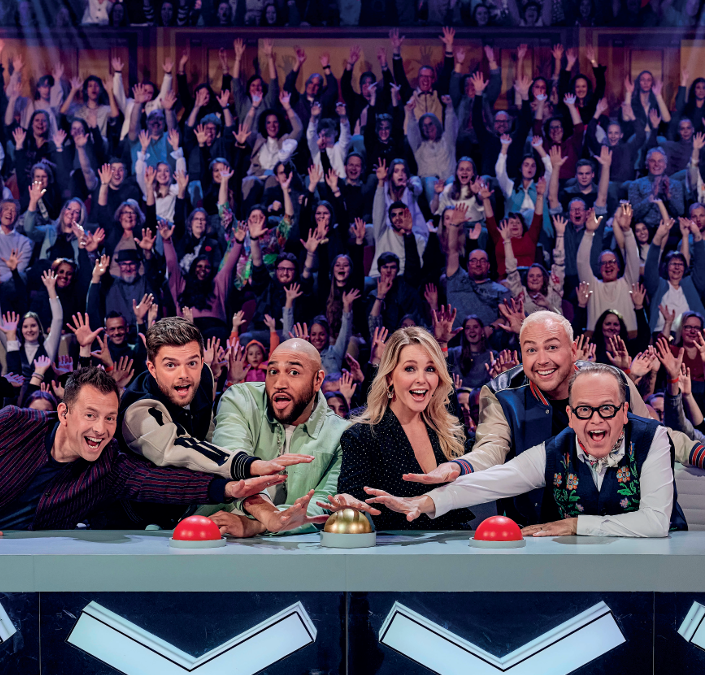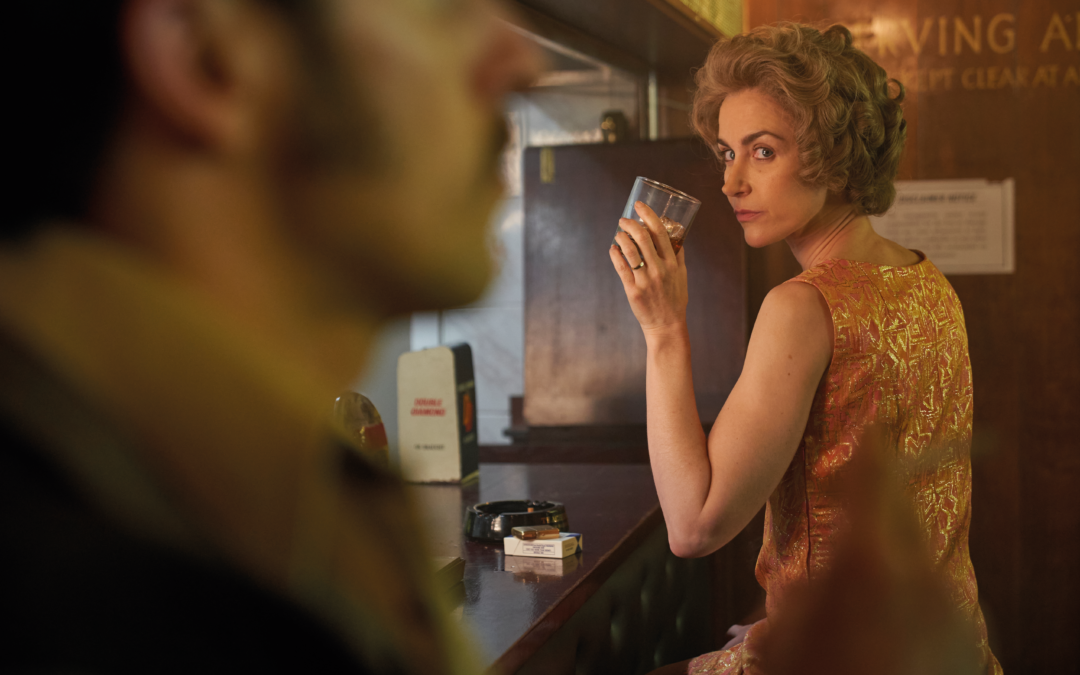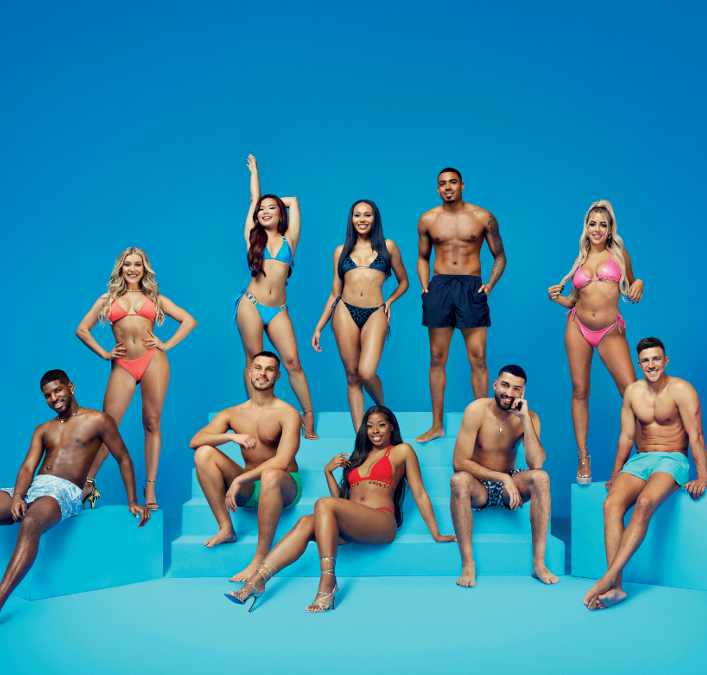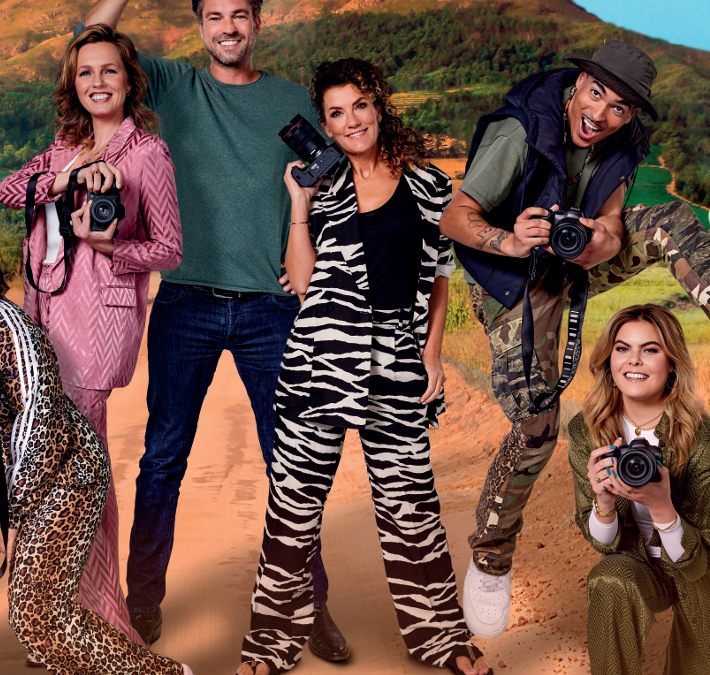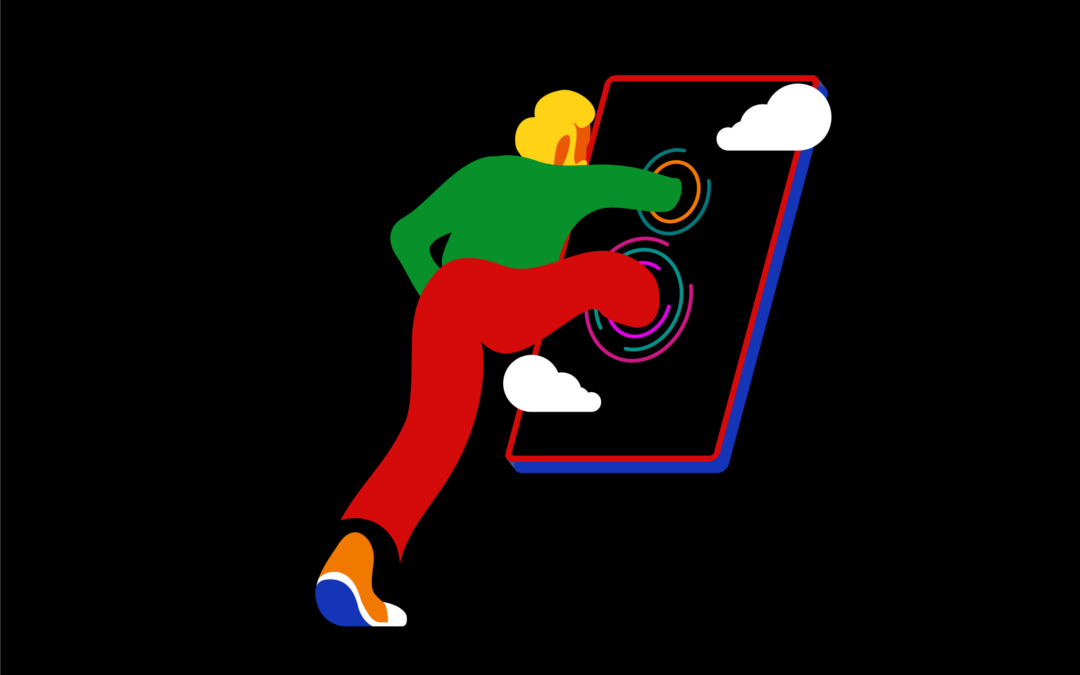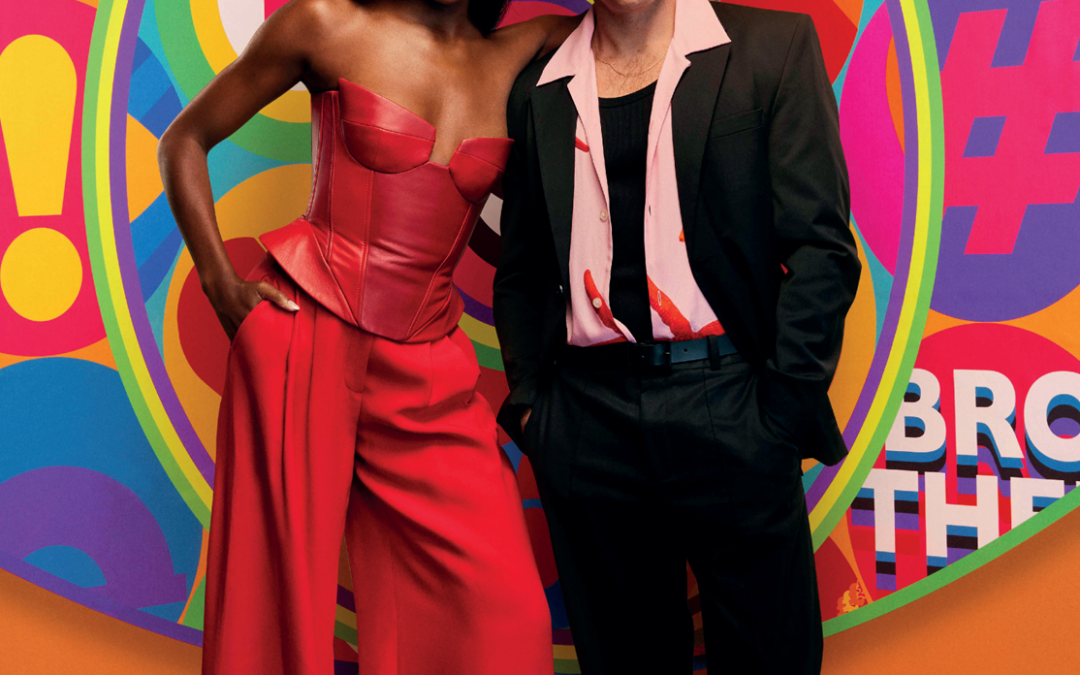TV and radio foster an unmatched intimacy with audiences and have the power to change their lives. Philippe Jaumain, Brand Communication Director at RTL Belgium, discusses the annual Télévie event which raises millions of euros for cancer research.
Could you explain the concept and history behind Télévie?
Télévie is an RTL live TV programme, produced in partnership with FNRS (the National Fund for Scientific Research), which aims to raise money for cancer research. Though the primary aim is to raise money, the programme also aims to raise awareness of all the problems linked to cancer as well as providing information on prevention. The idea was born 32 years ago with the sole aim of raising money for kids suffering from leukaemia. With the development of technology, research has increased, so fighting this disease has become easier and survival rates have increased from 5% to 95%. Now, money raised goes towards all forms of cancer research and the donations collected by Télévie represent 50% of funds allocated to cancer research in French-speaking Belgium. This money is raised by our community of 450 volunteers committees organising roughly 800 events throughout the year as well as by our annual TV event. Covid-19 restricted our ability to host events and the live event had to be postponed to September, a time of year when people are generally more careful about spending. Despite these challenges, we still raised over 10 million euros, which is lower than the 13 million raised in 2019 but still significant. In Belgium, 70,000 people are diagnosed with cancer every year and this money plays a hugely significant role in helping the fight against this deadly disease. TV plays a key role in this, the broadcasting of the show is responsible for bringing together lots of people and inspiring people to donate.
What is the narrative behind the new branding and slogan and what impact has this rebranding had on audiences?
In the last year we completely rebranded Télévie – the slogan, the logos, the method of communication have all been modernised. We took a 360° approach to developing a new dynamic, drawing upon the power of digital to connect with a younger audience and create coherence across platforms. Whilst we stayed close to the original branding, we wanted something new and fresh that would allow us to connect with young people and it was wholeheartedly embraced by everyone.
We changed the branding to make it more modern and intergenerational by changing the colour palate and updating the logo. The slogan was changed from “faisons gagner la vie” (let’s make life worth living) to “#toutdonner” (Giving everything). The multiple connotations of the word “donner” (to give), encompass all of our brand values in a much simpler and more accessible way; to give money (“donner de l’argent”), to give from the heart (“donner du Coeur”), to give of yourself (“donner de soi”), to give an example (“donner l’exemple”) – the list goes on.
ROLE IN THIS
OPERATION
BRINGING TOGETHER
LOTS OF PEOPLE
AND INSPIRING
PEOPLE TO DONATE
TO PROTECT TV –
PROTECT THE
PREMIUM QUALITY
OF INFORMATION
AND PROGRAMMING
The rebranding had a very positive impact that was reflected in many ways. We collected a higher amount of money than in 2021, despite the much more complex circumstances – meaning almost no events for a year, plus the devastating impact of floods. The rebranding generated a new dynamic and a new slogan that everyone has adopted in a very short time (committees, researchers, artists, animators, volunteers, donors).
We developed a 360° approach for the Télévie, including more complementarity between the show and social media and resulting in a more powerful concept overall. And finally we raised the interest of new targets that we no longer reached through the traditional channels.
We intend to accelerate and amplify this dynamic from 2022 when Télévie will be coming back, around end of April-beginning of May.
How do you explain the strong connection RTL has with its audiences?
From the very beginning, we have positioned ourselves in a way so that we are close to audiences and reflect their needs, desires, and emotions. Every year, we host a Christmas parade with the aim of giving back to the viewers who support us throughout the rest of the year. Our presenters and hosts form very personal connections with their audiences. We saw this over the course of lockdown when our audiences took centre stage on our channels with the campaign “Belges à domicile” (Belgium from Home). Viewers sent in personal videos of their daily lives in lockdown which fostered a sense of community and commonality across the nation. In addition, we organised “Belges à domicile vus du ciel” (Belgium from Home from the Sky) where a helicopter flew over Belgium, recording the messages audiences had left in their gardens – the creativity was incredible. The programme, which was planned and put together in just 48 hours was watched by 3.4 million individuals, representing 77% of the French-speaking Belgian population.
A similar show of support from RTL was our ‘Ensemble Solidaire’ initiative, set up in response to the flooding over the summer. In order to keep the momentum going, we organised ‘Tous Solidaire’ with daily programmes on the TV and radio to keep people up to date with the latest developments and a Facebook page that connected those in need with those who could help. The success of this movement exploded on social media and so we partnered with other Belgian media companies to get more visibility for the movement.
Whether it is during the global pandemic, or in response to flash flooding, we are present during challenging times, supporting audiences in whichever way we can which enables them to feel seen and represented. We respond to the issues that the public prioritise, which at the moment is the ecological crisis. Our ‘Semaine Verte’ (Green Week) is part of an ongoing process to create a more environmentally friendly system wherein we adapt current series and well-known TV formulas such as ‘Tout S’explique’ (Everything Can be Explained) to fit a ‘green’ agenda as well as broadcasting documentaries related to the topic. I guess connection is very much ingrained in our DNA.
What is your view of the social and environmental role of the media?
From the moment you enter into the homes of people, whether that is through TV, radio, digital platforms or social media, you enter into their lives. We have an emotional link with our audience, but this connection comes with the responsibility to be conscious of the social and environmental issues facing the world right now. We have a responsibility to entertain and inform, but also to make advances and be impactful when it comes to making social and environmental change. Media plays a big role in this.
In your opinion, what does the future of TV look like?
What makes TV unique is the live shows (whether that’s sport shows or talent shows) that create a sense of togetherness. TV needs to play to its strengths, in complementarity to the other platforms, and position itself next to people, making them feel seen. Localisation is also important Francophone series, filmed in French, such as L’Amour est dans le Pré (Farmer Wants a Wife) or Mariés au Premier Regard (Married at First Sight) offer a closeness to the French-speaking consumer that international series simply cannot. Although there are challenges and competition, everything will find a balance. /
